Tavares Says Electric Vehicles Cost 40% More To Manufacture
Automakers Can't Pass The Costs Onto Consumers...
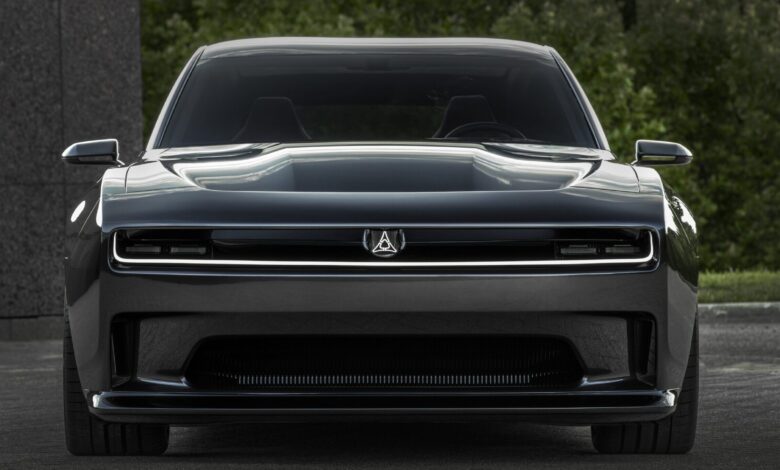
The CEO of Stellantis, Carlos Tavares, has expressed some skepticism regarding the electrification hype currently being promoted by politicians around the world. While not dismissing the importance of electric vehicles (EVs) outright, Tavares has raised concerns about the practicalities of mass-producing them and the economic implications of doing so.

One of the primary issues with EVs is their production cost. Currently, the cost of producing an EV is around 40% higher than that of producing an internal combustion engine (ICE) vehicle. This poses a problem for automakers, as they cannot simply pass these costs onto consumers without risking the loss of half their customer base. Tavares suggests that subsidies may be necessary to keep pricing “artificially affordable” for consumers. However, this model may not be sustainable in the long term, and the government tax breaks and subsidies were initially intended to stimulate early adoption rather than prop up the entire industry.
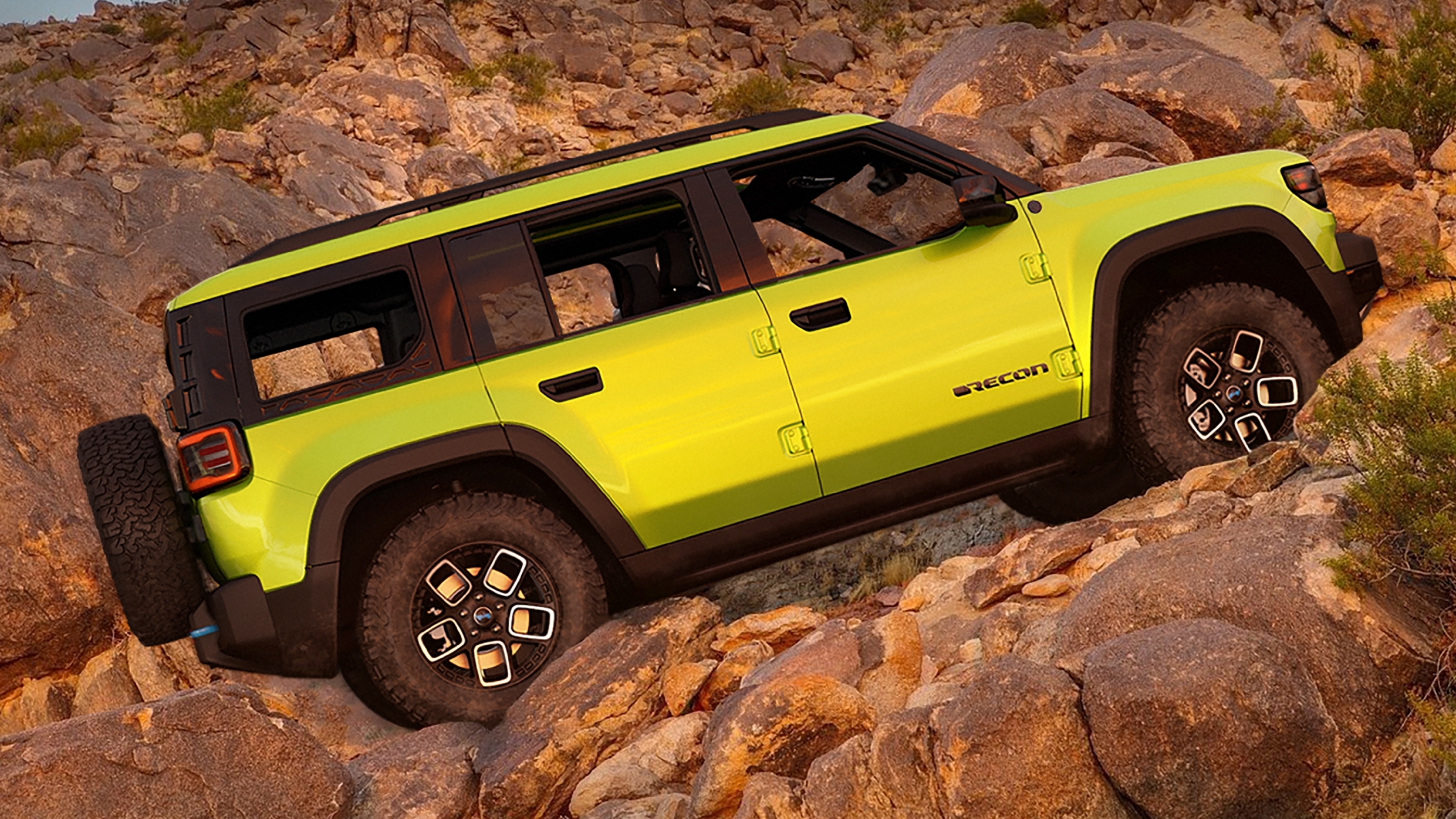
In addition to the cost issues, Tavares has also highlighted the need for more efficient, lightweight EVs with longer ranges to achieve carbon neutrality. The sourcing of raw materials for EV production is not particularly eco-friendly, and the industry has underestimated just how much materials would be required. Furthermore, Tavares acknowledges the finite nature of necessary raw materials and the need for recycling batteries. To extend the supply of necessary battery materials, Tavares suggests the implementation of hybrid vehicles, which would allow for more efficient use of engines and less dependence on expensive rare earth metals.
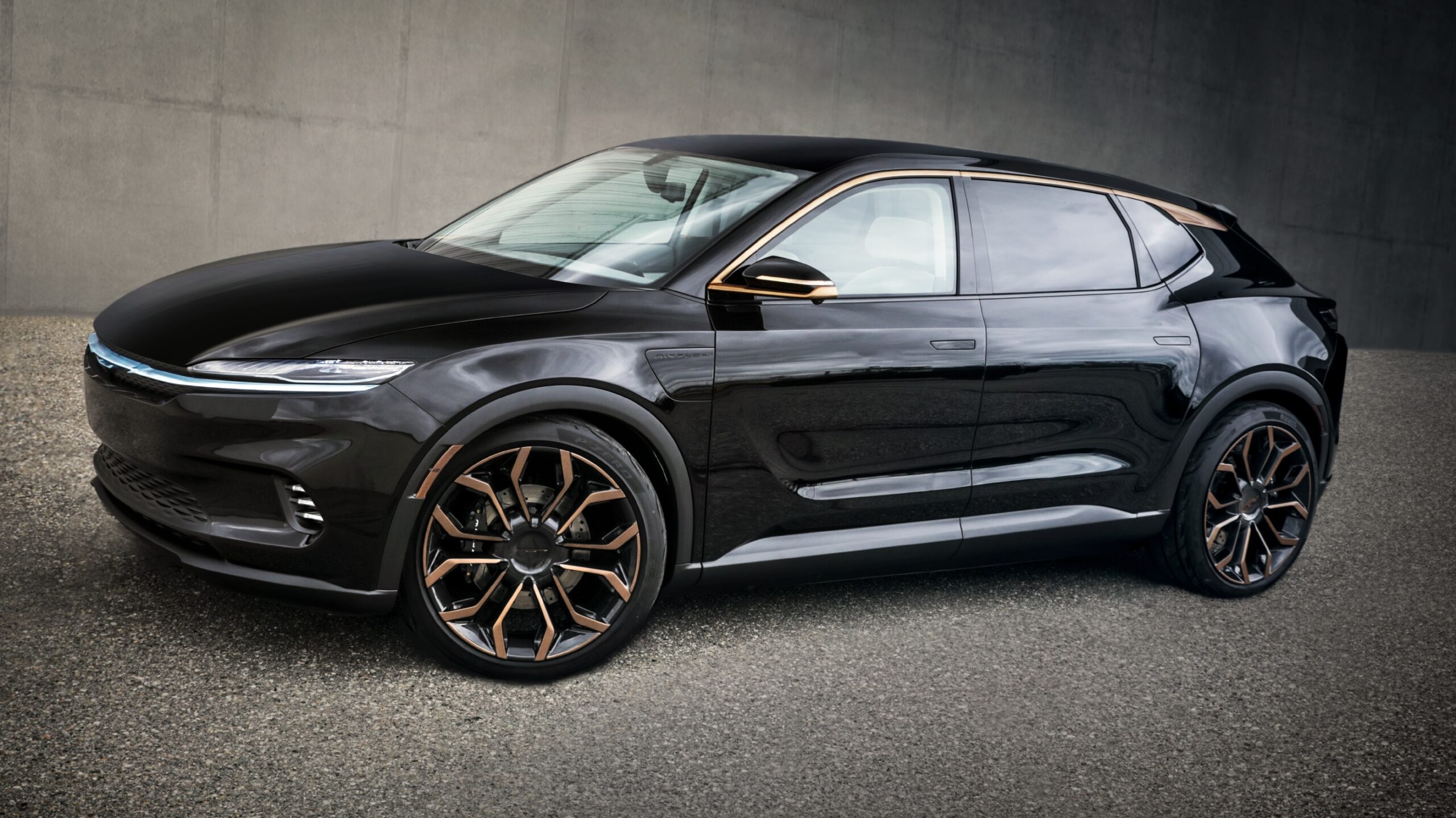
Tavares is not alone in his views. Executives at Toyota share their concerns and also advocate for the use of hybrid vehicles. The real challenge, however, is getting politicians to recognize the practicalities of mass-producing EVs and to provide support for the wider industry rather than simply stimulating early adoption. Ultimately, the transition to an all-electric future must be balanced with practical considerations, economic realities, and sustainability concerns.
Source: Muscle Cars and Trucks

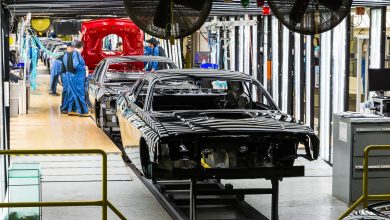
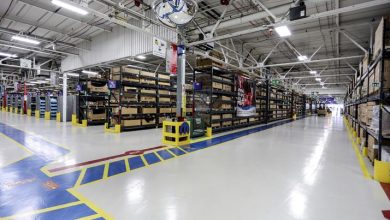
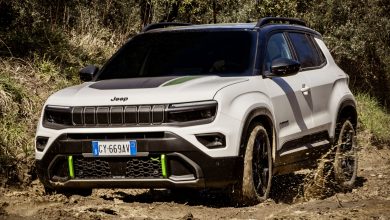
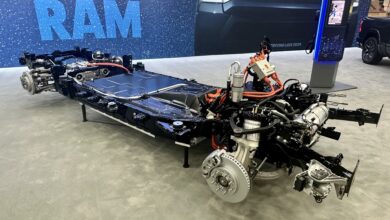
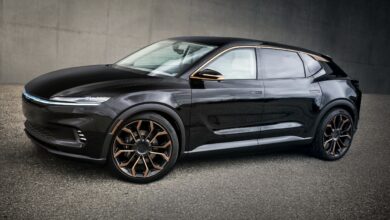
43 replies
Loading new replies...
Join the full discussion at the Mopar Insiders Forum →